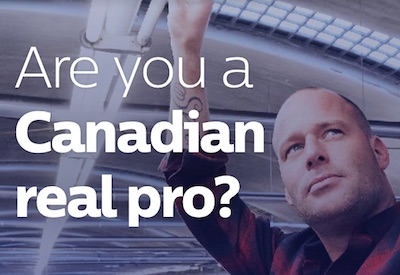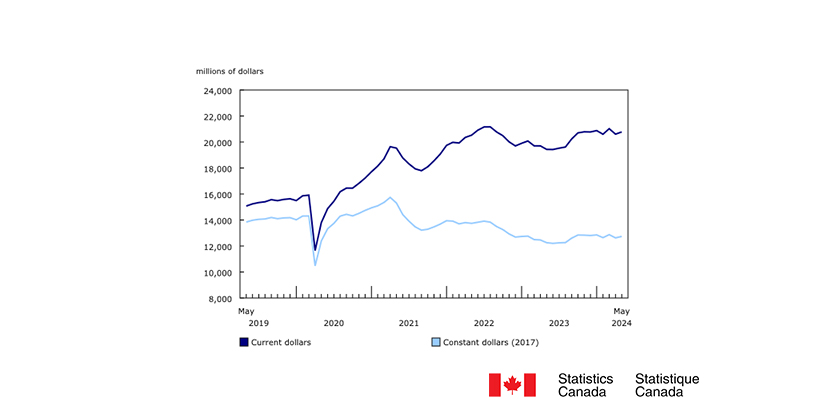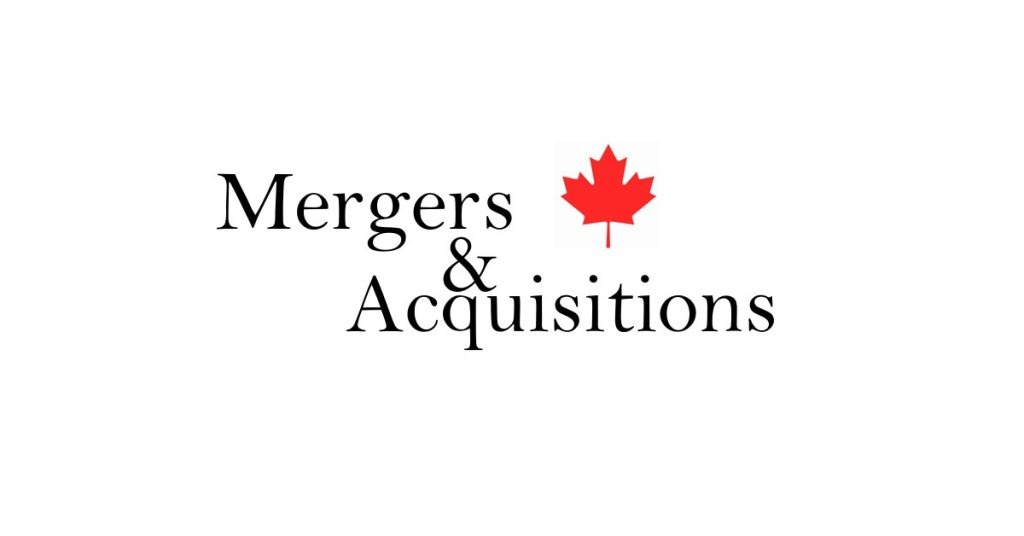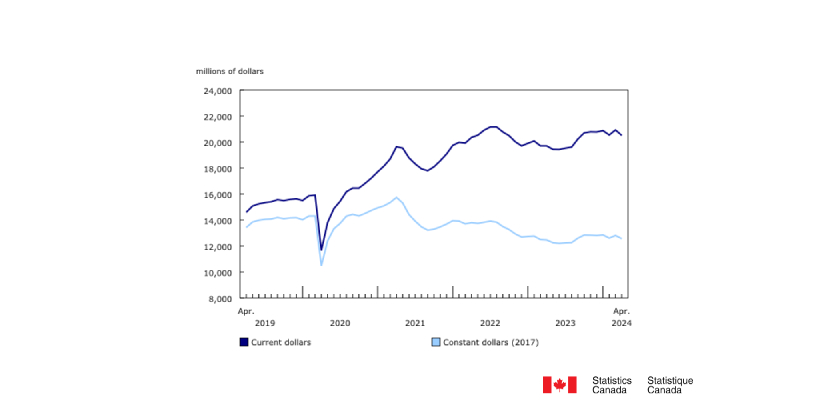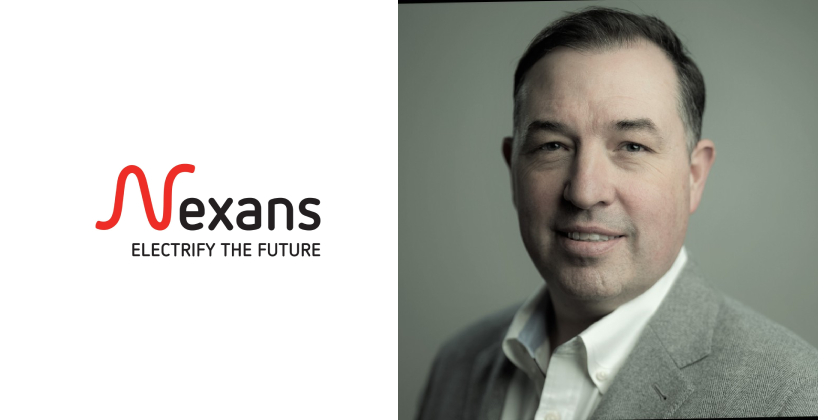#EVWeek: Canada Announces $3.95 Million in Funding for EV Charging Options for Drivers Along Trans-Canada Highway
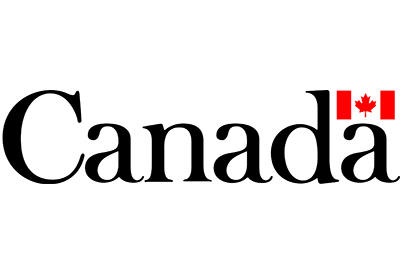
August 4, 2022
Reducing pollution from the transportation sector is critical to Canada achieving its climate targets. That’s why the Government of Canada is supporting Albertans, British Columbians, Ontarians, Manitobans and Saskatchewanians with more options to drive cleaner, and helping Canadian industry transition to a net-zero future.
As part of #EVWeek in Canada, the Honourable Randy Boissonnault, Minister of Tourism and Associate Minister of Finance, on behalf of the Honourable Jonathan Wilkinson, Minister of Natural Resources, announced a $3.95 million investment in Shell Canada to install 79 EV chargers across 37 Shell retail locations along critical corridors between Alberta, British Columbia, Ontario, Manitoba and Saskatchewan, with the majority of them remaining open 24/7.
Federal funding is provided through Natural Resources Canada’s Electric Vehicle and Alternative Fuel Infrastructure Deployment Initiative (EVAFIDI), which supports the establishment of a nationwide fast-charging network for electric vehicles, alongside clean fuelling stations in key freight corridors and metropolitan centres. The Province of British Columbia is also contributing $625,000 as part of the CleanBC Go Electric Program, for the service stations located in British Columbia.
Since 2015, Canada has invested a historic $1 billion to make EVs more affordable and chargers more accessible for Canadians. These investments are supporting the establishment of a nationwide network of chargers in local areas where Canadians live, work and play, while federal rebates of up to $5,000 are helping more Canadians make the switch to an EV.
Budget 2022 provided an additional $1.7 billion to extend the government’s purchase incentive program until March 2025 and to expand the types of vehicle models eligible under the program, which would include more vans, trucks and SUVs. In support of the government’s objective of adding 50,000 zero-emission vehicle (ZEV) chargers to Canada’s network, Budget 2022 also provided an additional $400 million to Natural Resources Canada to continue deploying zero-emission vehicle infrastructure by extending the ZEVIP to March 2027, complemented by $500 million that Canada’s Infrastructure Bank will invest in large-scale ZEV charging and refuelling infrastructure that is revenue-generating and in the public interest.
As part of the transition to net zero by 2050, Infrastructure Canada and the Canada Infrastructure Bank are supporting the decarbonization of public transit and school buses. The Government of Canada is on track to surpass the 2019 commitment supporting the procurement of over 5,000 zero-emissions buses, including nearly 4,000 school buses in B.C., Quebec and P.E.I. and over 1,200 public transit buses in 10 cities from coast to coast. These electric and hydrogen fuel-cell buses will be deployed on the road over approximately the next five years.
The government is also taking action on medium- and heavy-duty vehicles, which contribute to nearly 10 percent of Canada’s emissions. In order to decarbonize this fleet, the Government of Canada is providing $547.5 million over four years. This program will support eligible recipient’s purchase or lease medium- and heavy-duty zero-emission vehicles with incentives ranging from $10,000 up to $200,000 depending on the vehicle’s class, helping businesses and communities make the switch to zero-emissions transportation, from coast to coast to coast.
These investments are yet another step in reaching Canada’s target of ensuring all new passenger vehicles sold in Canada are zero-emission by 2035. And just like investments in everything from clean technology to nature protection, the announcement is part of achieving Canada’s ambitious climate change goals to build a cleaner, healthier and affordable future for all Canadians.
- Transportation accounts for 25 percent of total greenhouse gas emissions in Canada.
- Moving to zero-emission vehicles through regulations and investments is a significant part of Canada’s $9.1-billion Emissions Reduction Plan to meet Canada’s Paris Agreement target for 2030 and get on track for net-zero emissions by 2050.
- Investments in charging infrastructure made so far will result in more than 33,000 new chargers coast to coast.
- To date, over 150,000 Canadians and Canadian businesses have taken advantage of the federal incentive to purchase zero-emission vehicles.



